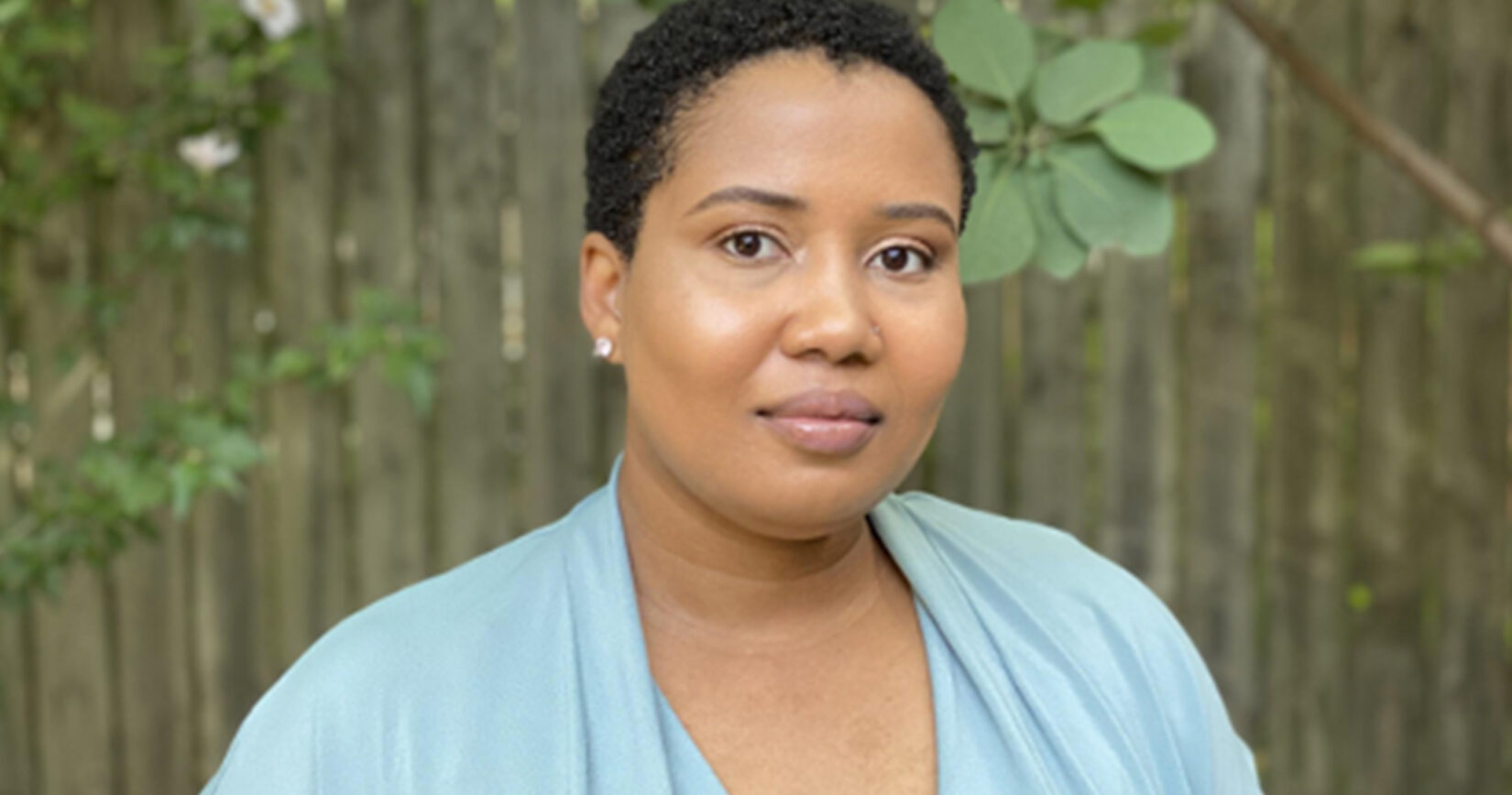
Kelly Davis is the Chief Equity Officer at the National Birth Equity Collaborative, an organization dedicated to optimizing Black maternal and infant health and to making sure Black mothers and babies thrive. She works to ensure that Black and Indigenous people are afforded the same level of care and joy as everyone else. Her career and life experiences show exactly why we must keep fighting for girls and women to be #EqualEverywhere.
What does #EqualEverywhere mean to you?
#EqualEverywhere means liberation, joy, and serenity. Liberation from the holds of gendered racism and all other forms of violence and harm. If folks are #EqualEverywhere, ALL of our lives are valued. We ALL have access to basic human rights. We ALL get quality care. We ALL experience the lives we dream about.
How do you advocate for equal rights for girls and women?
At the National Birth Equity Collaborative, we create solutions that optimize Black maternal and infant health through training, policy advocacy, research, and community-centered collaboration. This year we are launching an advocacy campaign in hopes of creating a radical shift in how public health, philanthropy, and international development sectors support the complex and multifaceted needs of Black women and birthing people. As a Black women-led and -centered organization in the Americas, we have an intimate understanding of how public health, health care, and international development and aid systems have invested their energy and resources in reproductive technology while minimizing our other immediate concerns: reproductive justice, birth equity, maternal health, patriarchal violence, and state-sponsored brutality and misconduct (within criminal, legal, health care, and child “welfare” systems).
What motivates you to do this work?
I am inspired by the brilliance and beauty of Black women and queer folk. Black women come from a long history of visionary organizing. We seek accountability and dismantling longstanding systems of harm as we simultaneously prophesize a vision for a brand new world. As we call for the liberation of Black and Indigenous people, we boldly envision a world wherein every human being has the freedom to experience full-spectrum sexual and reproductive well-being, not solely focused on reproduction. Well-being is not defined by the absence of disease and distress, but the presence of sexual and reproductive fulfillment, pleasure, healing, and joy!
What are the main challenges you experience in your work to advance gender equality?
We all are living through a pandemic and surviving emerging urgent threats globally. Black women-led organizations are currently organizing for urgent social justice like ending voter suppression, police brutality, and the anti-choice movements. Our organization, our partners, and our communities are all experiencing a toll on their physical, mental, and emotional well-being. Black women building power is inherently political. The interests of capitalism and colonialism are threatened by Black women’s capacity and power. However, this is not a deterrent. The lives of Black women are not defined solely by racism, gender oppression, and trauma. Our relationships, advocacy, and vision are not organized as a response to white supremacist patriarchy and its offspring within the field of sexual and reproductive health, like the anti-choice movement.
What progress are you seeing as a result of your work?
The coalition-building and organizing of Black women within the movement for sexual and reproductive justice is truly shifting the policy and health care landscape. For example, the American College of Obstetricians and Gynecologists is designating two days for a “formal acknowledgement of Betsey, Lucy and Anarcha . . . and other enslaved Black women who were subjected to abuse in the name of advancing science.” That is a direct result of years of Black women’s scholarship and organizing!
What progress are you seeing in the wider gender equality movement?
There has been an increase in dialogue from larger institutions that are recognizing the harm that current and historical policies and practices have on girls and women of color globally. Although it is important for institutions to be aware of this harm, there needs to be an emphasis on internal reform to further the gender equality and justice movements. Institutions in America need to do their own housekeeping to root out racism, sexism, homophobia, and colonialism lest they export those across the globe to countries they are attempting to “help.” Additionally, the sector needs to hire and collaborate with girls and women of color that have the relationships, contexts, and experience. We are the experts.
How have you committed to taking action on gender equality, and why?
Most of my time for the last decade has been devoted to advancing gender and racial equity within public health. Belatedly I realized that I had spent very little time and energy actualizing those principles in my private life. After surviving the pandemic and civil unrests of 2020, I am devoted to living my best life, in accordance with my values. I am speaking up for what I deserve in relationships with family, friends, and partners. I am investing in my own health and well-being. I am curbing and coping with the effects of white supremacist patriarchy whenever I can. That includes making time for doctor appointments and getting lots of rest.
What will you challenge others to do?
I challenge others to envision not only justice but also joy, in their anti-racism work. As much as I am committed to dismantling gendered white supremacy, I am also committed to pleasure and rest. If you are committed to gender justice and birth equity, shift your perspective from centering disease and recognize that both liberation and joy can and should be acknowledged as a part of our existence. Black women and birthing people are not here just to work and have babies! We should foster environments where we can heal from the everyday assaults. And if you cannot give the Black women in your institution that space, make sure you are compensating them adequately for the intellectual, physical, and emotional labor they contribute.
 BACK TO STORIES
BACK TO STORIES